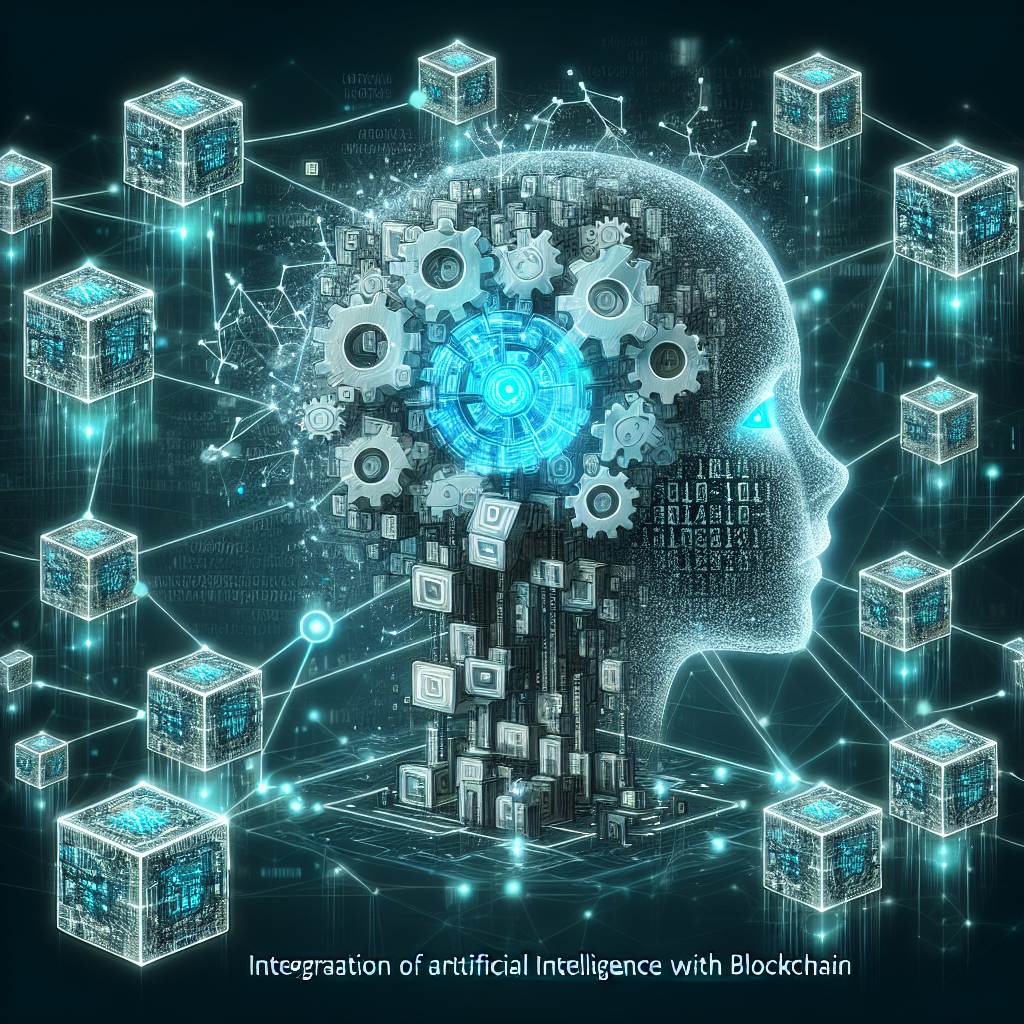Understanding the Disruptive Transformations in the Global Sensor Market
The global sensor market is undergoing rapid technological evolution, driven by advancements in artificial intelligence, miniaturization, and wireless communication. As industries increasingly rely on smarter, more efficient sensor technologies, new innovations are disrupting traditional approaches. In this post, we will explore which sensor technology advancements are expected to be the most transformative in the coming years.
The Growing Demand for Sensor Technologies
From consumer electronics to healthcare and industrial automation, sensors have become indispensable. Their ability to collect real-time data and facilitate responsive systems has expanded their applications across various industries. As demands increase, innovation in this sector is crucial for meeting heightened expectations in precision, efficiency, and connectivity.
Key Innovations Shaping the Sensor Market
Several pivotal technologies are expected to drive disruption in the global sensor industry. Below, we highlight some of the most transformative innovations reshaping sensor technology.
1. Artificial Intelligence-Enabled Sensors
The integration of artificial intelligence (AI) and machine learning into sensors is revolutionizing data processing. AI-enabled sensors can analyze information in real-time, reducing latency and enabling autonomous decision-making. Key benefits of AI-powered sensors include:
- Enhanced accuracy: AI-driven sensors can recognize patterns and anomalies to improve data precision.
- Predictive maintenance: These sensors forecast failures before they occur, reducing downtime in industrial applications.
- Greater efficiency: AI can optimize sensing processes, leading to lower power consumption and improved response times.
AI-powered sensors are already making a significant impact in sectors like healthcare (wearable devices), manufacturing (smart factories), and autonomous vehicles (LiDAR and radar-based systems).
2. Advanced Biosensors in Healthcare
Wearable and implantable biosensors have transformed healthcare and medical diagnostics. These sensors monitor key health indicators such as glucose levels, heart rate, and oxygen saturation in real-time. Emerging developments in biosensor technology offer:
- Non-invasive monitoring: Technologies like sweat-based glucose monitoring and smartwatches with ECG capabilities enhance patient comfort.
- Continuous health tracking: Patients with chronic diseases can monitor their conditions remotely, reducing hospital visits.
- Telemedicine integration: Sensors work with telehealth platforms to facilitate remote diagnostics and treatment plans.
As telemedicine and personalized medicine gain traction, biosensors will continue playing a vital role in modern healthcare systems.
3. Flexible and Printed Sensors
Flexible and printed electronics have enabled the development of ultra-thin, lightweight, and stretchable sensors. These sensors enhance wearable technology, digital health, and even smart packaging by allowing seamless integration into curved or moving surfaces. Key advantages include:
- Durability and adaptability: Printed sensors can withstand bending and stretching, making them ideal for wearable applications.
- Scalability in manufacturing: Printing techniques lower production costs, enabling mass adoption.
- Environmentally friendly options: Many flexible sensors now use biodegradable materials, reducing e-waste.
Flexible sensors are expected to revolutionize fields such as sports analytics, healthcare, and industrial monitoring.
4. Quantum Sensors for Next-Gen Precision
Quantum sensor technology is rapidly progressing, unlocking unprecedented precision levels in measurement applications. These sensors utilize quantum mechanics to detect minute changes in magnetic fields, pressure, or gravitational forces. Areas benefiting from quantum sensors include:
- Navigation systems: Quantum-enhanced sensors can enable accurate positioning without relying on GPS.
- Medical imaging: High-precision sensors enhance MRI scans and diagnostic technologies.
- Space exploration: Quantum sensors aid in understanding gravitational anomalies and celestial navigation.
Although still in early development stages, quantum sensors promise to redefine precision sensing applications in multiple fields.
Challenges Facing Sensor Innovations
With rapid advancements, the sensor industry faces several challenges that must be addressed:
- Scalability: Some emerging sensor technologies still require cost-effective manufacturing solutions.
- Energy efficiency: As sensors become more powerful, optimizing battery life and power consumption remains a priority.
- Data security: Cybersecurity concerns arise with increased sensor deployment in IoT and critical infrastructure.
Despite these challenges, continued investment in R&D and strategic collaborations will help accelerate market adoption.
Final Thoughts
The global sensor market is undergoing a significant transformation driven by AI, flexible materials, biosensors, and quantum technology. These innovations are not only enhancing traditional applications but also paving the way for new possibilities in healthcare, industrial automation, and space exploration.
As companies continue to develop smarter, more adaptive sensors, the impact on businesses and consumers will be profound. Keeping up with these advancements is essential for organizations looking to stay ahead in the highly competitive sensor industry.
Which sensor technology do you think will have the biggest impact in the next decade? Share your thoughts in the comments below!



Leave a Reply